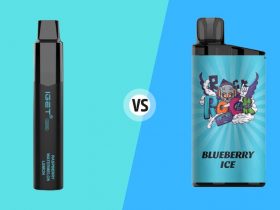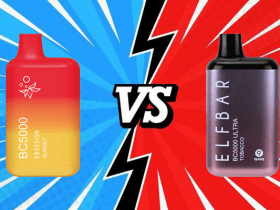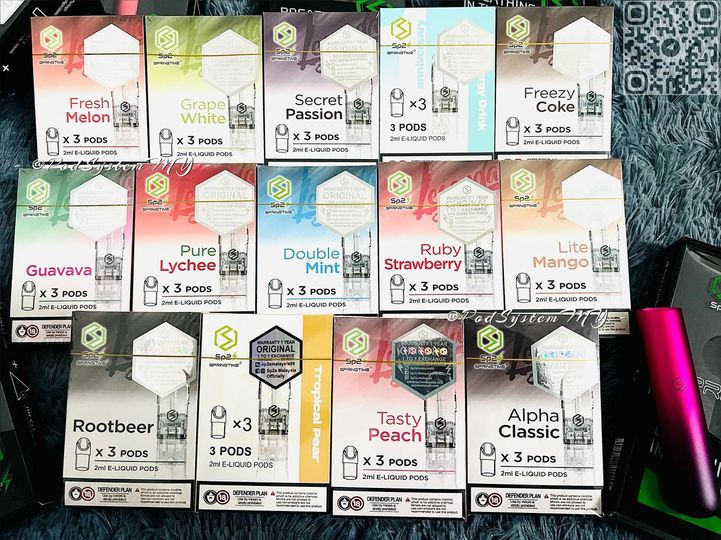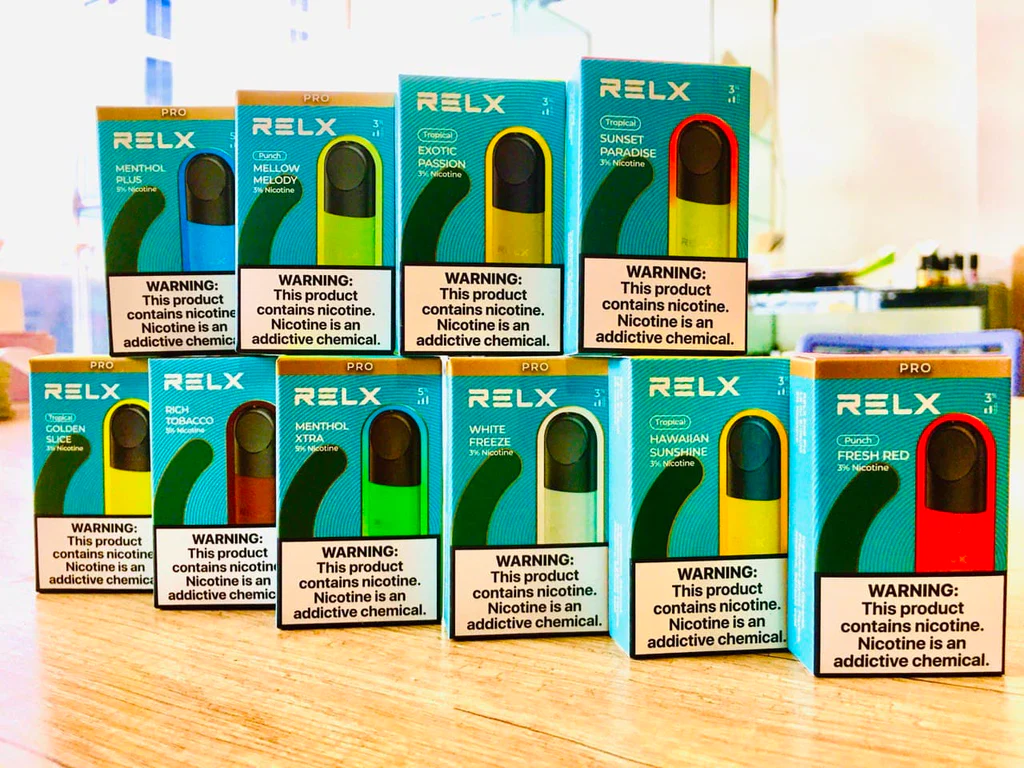After Denver’s failed attempt to ban flavored e-cigarette products, state lawmakers are considering a new flavoring ban that can be implemented statewide in Colorado.
Although several cities have already passed similar bans, in Denver, Mayor Michael Hancock still vetoed the city council’s vote. The councillors failed to overturn his veto. Attempts to do so ended in failure. He and other lawmakers pointed out that it is necessary to enact statewide regulations, because if surrounding cities do not have the same regulations, Denver’s ban will not achieve the goal of keeping these products out of the hands of teenagers.
Democratic Representative and emergency room nurse Kyle Mullica from North Glen has been drafting a bill that will address the 2018 epidemic of young people smoking e-cigarettes announced by the Secretary of the U.S. Department of Health , And focus on what Murika calls the “gateway” to addiction to e-cigarettes-flavored products. In 2018, the amount of nicotine used by young people in Colorado was twice the national average .
“We know this is the most effective way to ensure that children are not addicted to tobacco products and nicotine products,” Kyle Mullica said. “So I think this is an important thing we need to pay attention to, especially from a public health perspective.”
The bill has not yet been submitted and is still in progress. It called for a ban on all flavored electronic cigarettes and cigarette products, and only allowed the use of traditional tobacco flavors. Legislators passed bills to reduce youth access to tobacco and nicotine products at previous meetings, but the 2020 ban on fragrances was shelved.
A study released this year showed that the number of teenagers using e-cigarettes has declined this year, but it is estimated that 2 million teenagers still use e-cigarettes. A study by the Centers for Disease Control and Prevention in the United States stated that most products are exchanged between friends, and teenagers prefer flavored e-cigarettes.
However, this statewide ban has met with widespread resistance, especially from local e-cigarette shop owners, who said that they are not the main culprits for teenagers to obtain such products, and such a ban may eventually make them bankrupt. .
Monica Vondruska owns two e-cigarette shops in Denver and Arvada. She has always bluntly opposed such bans and hopes to carry out anti-ban activities across the state. She said that if the spice ban goes into effect, her store will have to close within 30 days because more than 90% of her inventory is flavored products.
Vondruska also believes that the flavor ban will make it easier for the black market to sell products to minors, and claims that the target audience of e-cigarette shops is smokers, so they try to provide them with a less harmful alternative to e-cigarettes. Taste helps to achieve this.
“Making something illegal for people of a certain age is illegal for everyone and doesn’t really help the situation,” she said. “It just takes away less harmful products from adults who need them.”
Hugh McKean, the Republican minority leader of the House of Representatives from Loveland, expressed a similar view, saying that the ban did not work in the 20th century and will not work now. Although he knows the public health problems of young people, he does not think it is a solution to the problem.
“In a way, you interrupt the normal market, and you can make changes to make it more difficult for (teenagers to buy products),” he said.
Lobbyists representing 125 independent e-cigarette stores in Colorado stated in a memo that store owners oppose this type of ban because they believe it will increase the number of teenagers smoking, increase online e-cigarette sales, and destroy local e-cigarette stores Business. It also pointed out that the products sold in local stores are different from e-cigarette giant JUUL.
Instead, the owner advocates letting federal and state regulations work, such as the federal ban on the use of flavors in closed e-cigarette devices and raising the age for purchasing tobacco products to 21. The memo called for other solutions to address the problem of young people smoking e-cigarettes, such as implementing stronger licensing programs in cities and strengthening penalties for stores that sell e-cigarettes to minors. It cited data from 2019, showing that most young people reported that factors other than taste led them to try e-cigarettes.
But supporters of the bill believe that it is these flavors that cause continued use and lifelong addiction, and data shows that these flavors also help to start this use.
“When we look at the data in Colorado, we know that the end user is not an adult,” said Jodie Radek, director of the Rocky Mountain/Great Plains Tobacco Free Kids Campaign. “In fact, very few adults use e-cigarette products, only a very small number of people use smokeless cigarettes, and more than 13% of people smoke. Therefore, our figures do not reflect the high usage rate of adults and the prevalence level of children.”
RadekThe data pointed out showed that about 5.3% of adults used e-cigarettes in 2017, and 3.5% of adults used smokeless tobacco in 2018. She said that many flavoring products entered the market illegally without FDA approval, and then the government’s inaction caused them to fall into the hands of children , and that according to the children’s account of the channels through which they obtained the products, increased fines and penalties were imposed. Some regulatory recommendations are ineffective.
Although it will be difficult for Democrats to get Republicans to join the flavor ban, for Henderson Republican Senator Kevin Priola who plans to sign the bill, this is an easy selling point. He said that this year is the year that this legislation was passed because people are becoming more aware of health issues, especially those related to COVID.
“This is good for children, it helps reduce the cost of health care, allows people to stay healthy, live more productive lives, reduce disease, and reduce illness,” Priola said. “So I think this is a good policy. It does not ban cigarettes. It does not create a black market for cigarettes. It just makes them available if you really like cigarettes. It’s just that they won’t taste like children’s real The same candies I’m used to enjoying.”
Legislators must also persuade Democratic Governor Jared Polis that the seasoning ban is a good idea. Spokesperson Victoria Graham said in a statement: “The governor has signed legislation authorizing local governments to regulate tobacco products. As a general philosophy, we prefer local control because our local governments are closest to the people they represent.”

















Leave a Reply